Products Description
Where to Buy a Fake ID and How to Tell the Quality: A Comprehensive Guide
Young people often buy fake IDs because they want to enter age-restricted venues or purchase alcohol before they turn 21. However, buying a fake ID can be a risky process, both legally and financially. Not only is it illegal to use a fake ID in many places, but the quality of the fake ID also plays a big role in whether it will be detected or undetected by bouncers and scanners. In this guide, we will discuss where you can buy a fake ID and how to evaluate its quality. In the process, we will focus on important fake ID types, such as New York fake IDs, North Dakota fake IDs, Oklahoma fake IDs, Pennsylvania fake IDs, and South Carolina fake IDs.
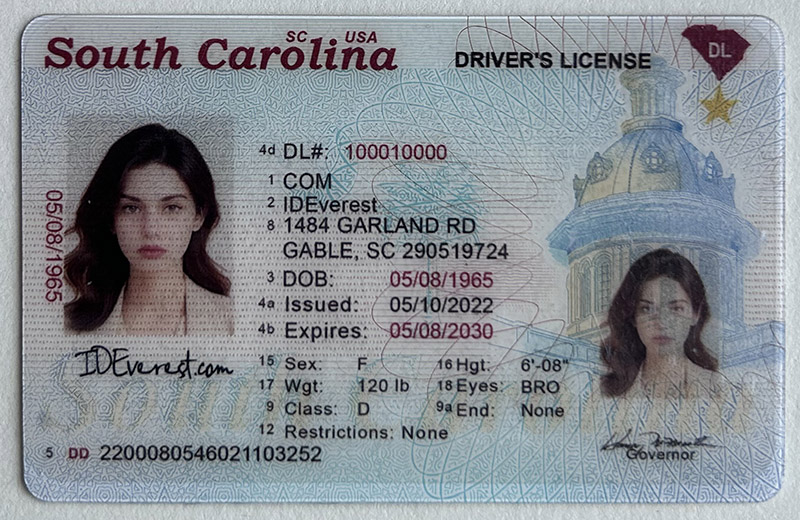
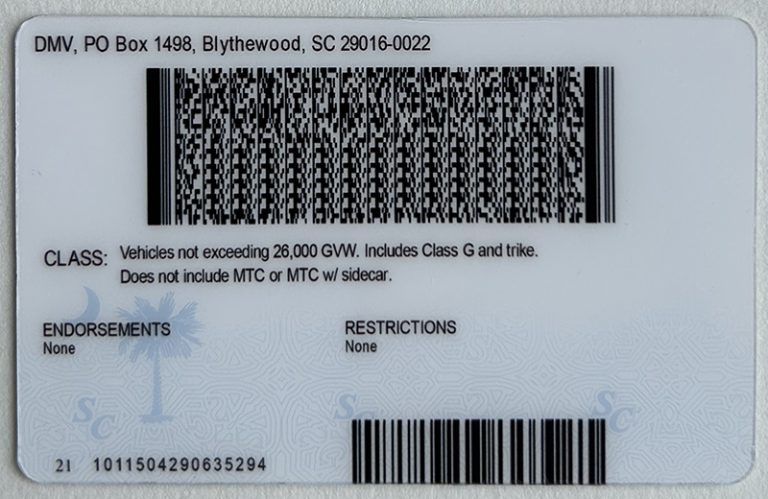
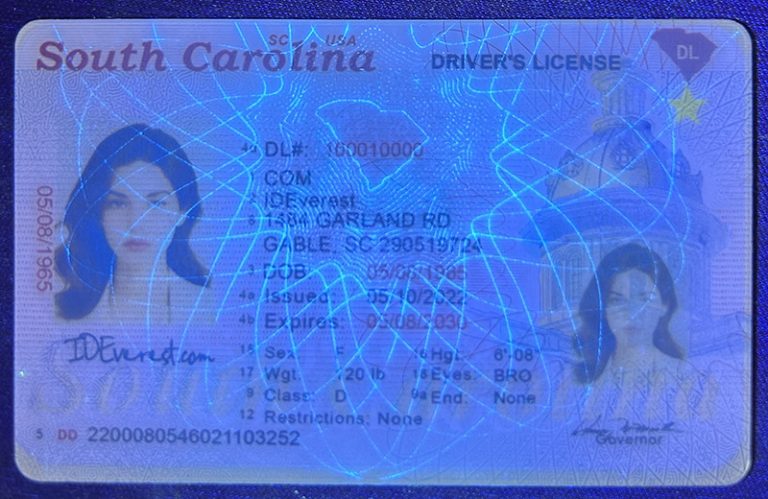
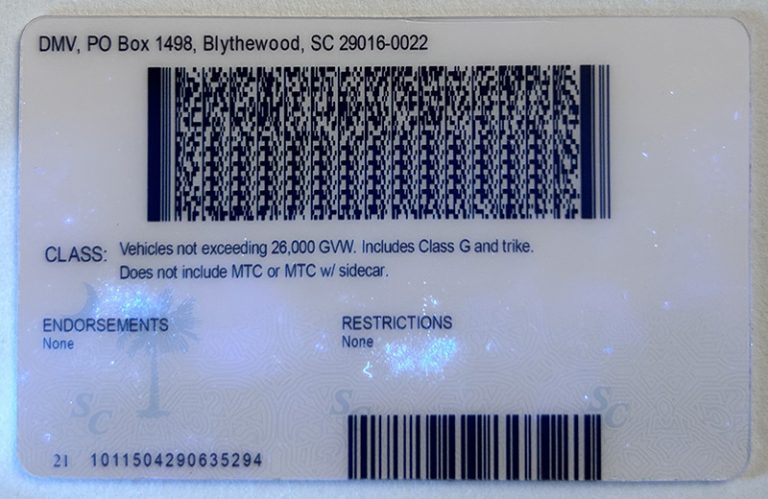
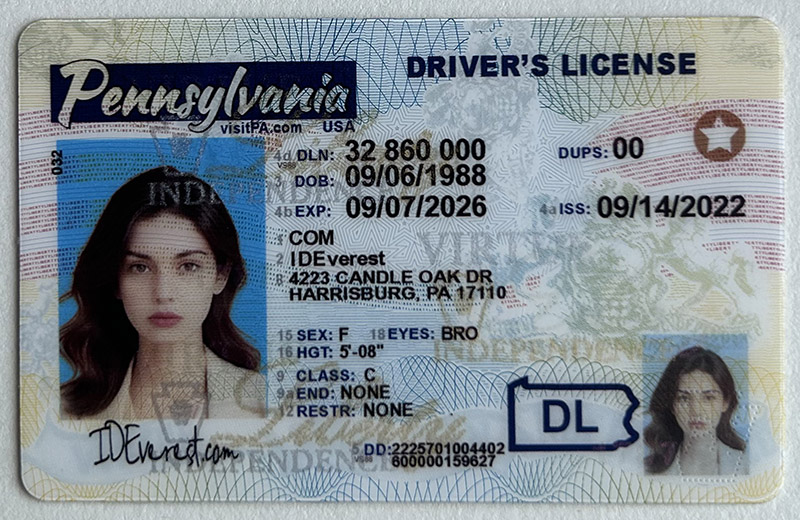
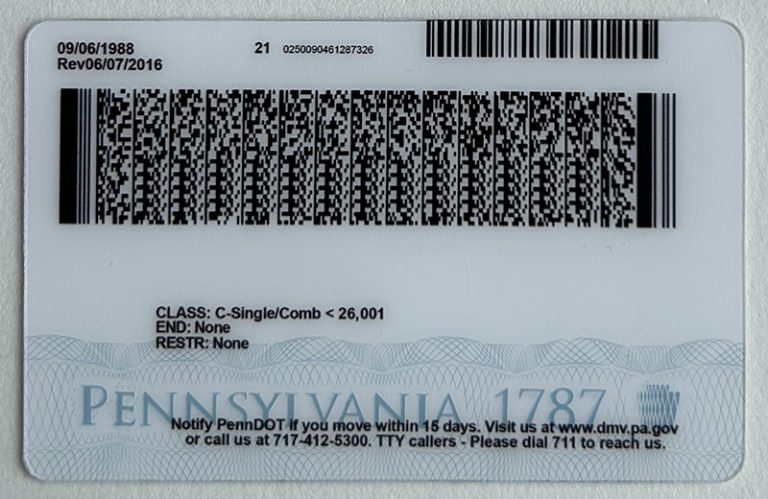
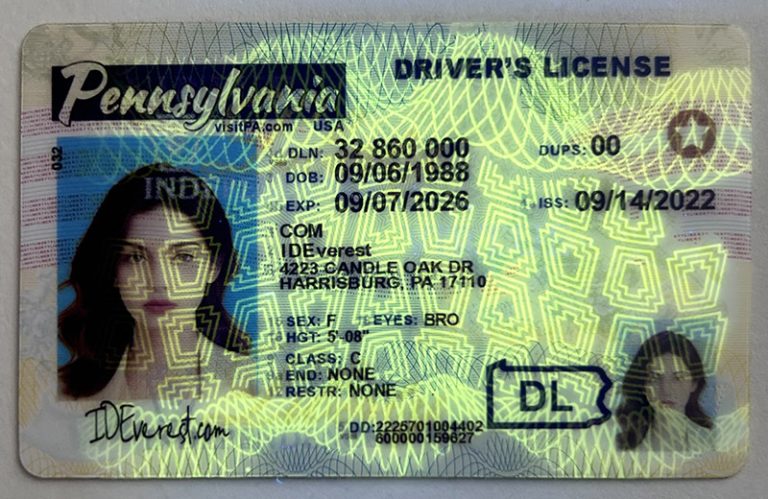
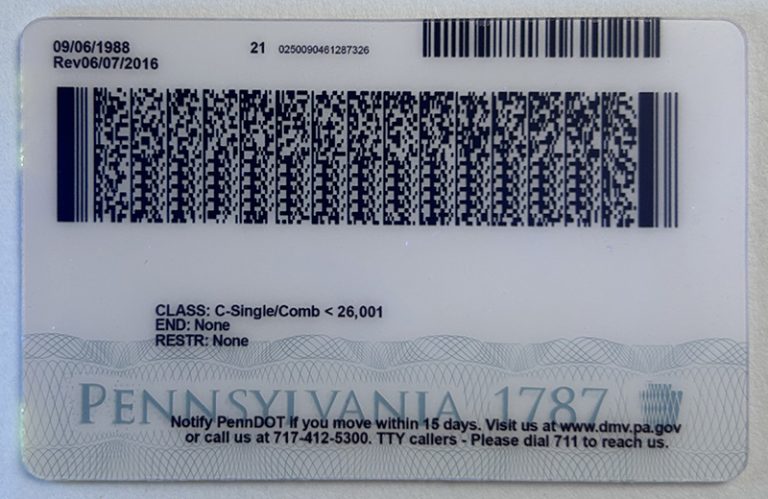
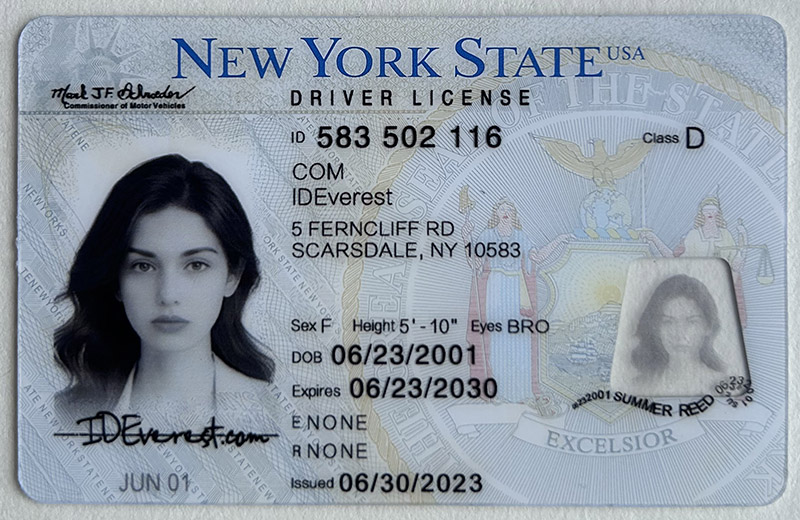
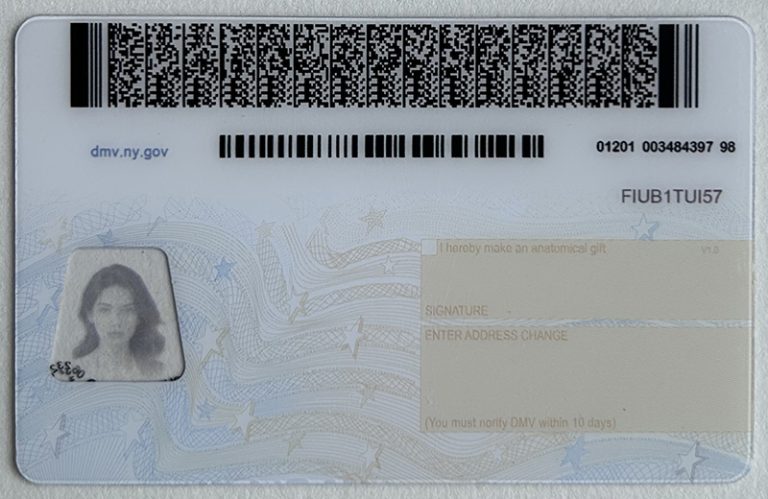
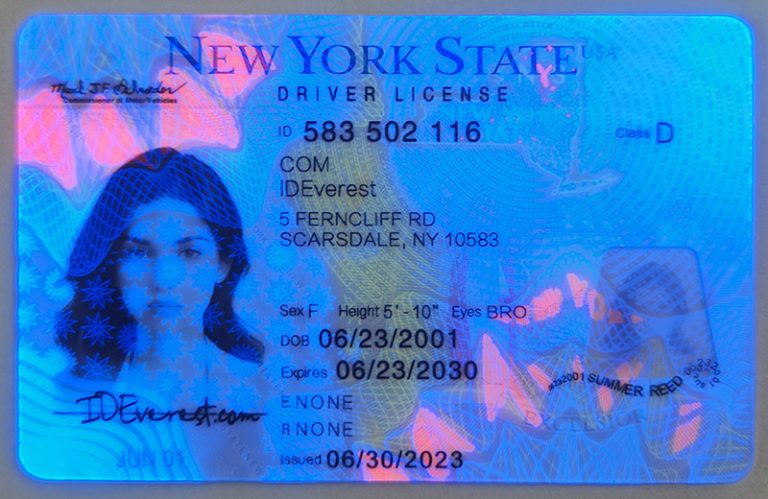
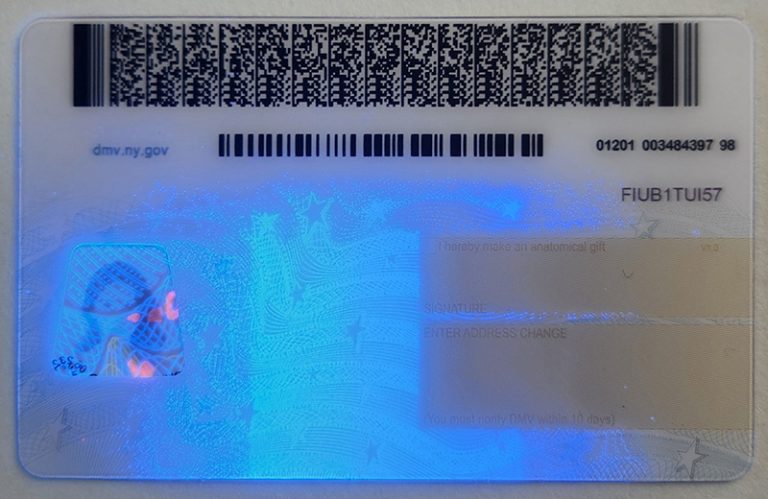
Where can I buy a fake ID?
Online Sites:
The most common way to buy a fake ID today is through an online vendor. There are dozens of sites that specialize in making fake IDs, each offering options for a range of states, from New York fake IDs to South Carolina fake IDs. However, with so many sites, it is crucial to choose a reliable vendor.








Reputation: Look for sites that have good reviews from previous buyers. Forums and review platforms can often provide insights into whether a vendor offers a high-quality product. Sites that have been in business for many years are more likely to have a good reputation.
Payment options: Reputable sites often offer secure, anonymous payment options, such as cryptocurrencies (Bitcoin or Ethereum) or prepaid gift cards. Vendors that ask for direct bank transfers or credit card information should be viewed with caution, as this increases the risk of fraud.
State options: Depending on where you live, it is important to choose the right state for your fake ID. For example, New York fake IDs are known for their complexity, while Oklahoma fake IDs or North Dakota fake IDs may be easier to replicate and pass basic inspections because the design features are simpler.
Social media:
Many fake ID vendors have utilized platforms such as Instagram, Telegram, and Snapchat to advertise their services. While some of these sellers are legitimate, there is a higher risk of scams on social media due to the informal nature of the transaction. Without detailed reviews or a formal website, you are more vulnerable to fraudulent activity. If you decide to go this route, proceed with caution and seek advice from trusted friends or online communities.
Local connections:
In some cases, individuals choose to purchase fake IDs through local connections—whether from someone on a college campus or in a nearby community. This method can offer some advantages, such as being able to inspect the ID before purchasing it and receiving it in person. However, buying locally can be riskier, as it is easier for authorities to track the transaction, and the quality may not be as reliable as a professional ID made by a reputable vendor.
How to Tell the Quality of a Fake ID
Not all fake IDs are created equal. The quality of the ID will determine how successful you are at using it without being detected. Here are some factors to look out for when evaluating the quality of a fake ID, focusing on popular state IDs like New York fake IDs, North Dakota fake IDs, Oklahoma fake IDs, Pennsylvania fake IDs, and South Carolina fake IDs.
Material Quality:
Real IDs are made of durable materials, usually polycarbonate or Teslin. If a fake ID feels flimsy or bends easily, this is a clear sign of poor quality. A high-quality fake ID mimics the feel of a real ID, with the same weight and durability. For example, a fake New York ID is made of sturdy material and feels smooth and professional, while a poorly made fake ID often feels like cheap plastic.
Holograms and UV Features:
One of the main features that differentiate a real from a fake ID is the use of holograms and UV features. Most states have holograms embedded in their ID cards that are only visible when you tilt the ID under a light source. Additionally, some states have UV ink that is only visible under black light. If your fake ID lacks these security features, it will likely be flagged as fake.
For example, a high-quality Pennsylvania fake ID will have a visible trapezoidal hologram that moves when tilted, while a South Carolina fake ID will have a palm tree and crescent that glow under UV light. Checking for these features is essential to determining the legitimacy of your ID.
Barcodes and Magnetic Stripes:
Many establishments, especially bars and liquor stores, use scanners to verify the authenticity of ID cards. These scanners read the barcode or magnetic stripe on the back of the ID card to confirm that the information matches the information printed on the front. A high-quality fake ID will have a properly encoded barcode that will pass this scan.
States such as North Dakota, Oklahoma, and Pennsylvania have relatively simple barcodes and magnetic stripes that are easier for counterfeiters to replicate. On the other hand, a New York fake ID has a more complex barcode that is more difficult to forge. If your ID card doesn't scan, it's either incorrectly encoded or not encoded at all, and therefore a low-quality fake.
Font and layout accuracy:
Each state's ID card has a unique font, spacing, and layout, and even small errors can make your fake ID easy to spot. Make sure the font used on your fake ID matches the real one. For example, a fake New York ID has a very specific font for the name, date of birth, and other details. Similarly, an Oklahoma fake ID and a South Carolina fake ID follow different layout and font standards.
A high-quality fake ID will also have correct spacing and alignment. A common mistake with low-quality fake IDs is uneven spacing between characters or misaligned text. A careful comparison with a real ID from the same state can help you identify any differences.
Testing the ID in low-risk situations:
Once you have a fake ID, it's important to test it in a low-risk environment first, such as in a smaller, less stringent venue. If the ID has no issues, it's more likely to be reliable in a high-risk scenario, such as a bar, club, or airport security. Testing the ID ensures that features like holograms, barcodes, and UV markings are functional and convincing.
Conclusion
If you are considering purchasing a fake ID, it is vital to do your research and choose a reputable vendor. Whether you choose a New York fake ID, North Dakota fake ID, Oklahoma fake ID, Pennsylvania fake ID, or South Carolina fake ID, knowing how to evaluate the quality of your ID is key to avoiding detection. Look for features such as high-quality materials, accurate holograms, properly encoded barcodes, and correct font spacing to ensure your fake ID will stand up to scrutiny. However, always remember that using a fake ID carries legal risks, and it is important to weigh those risks carefully before proceeding.












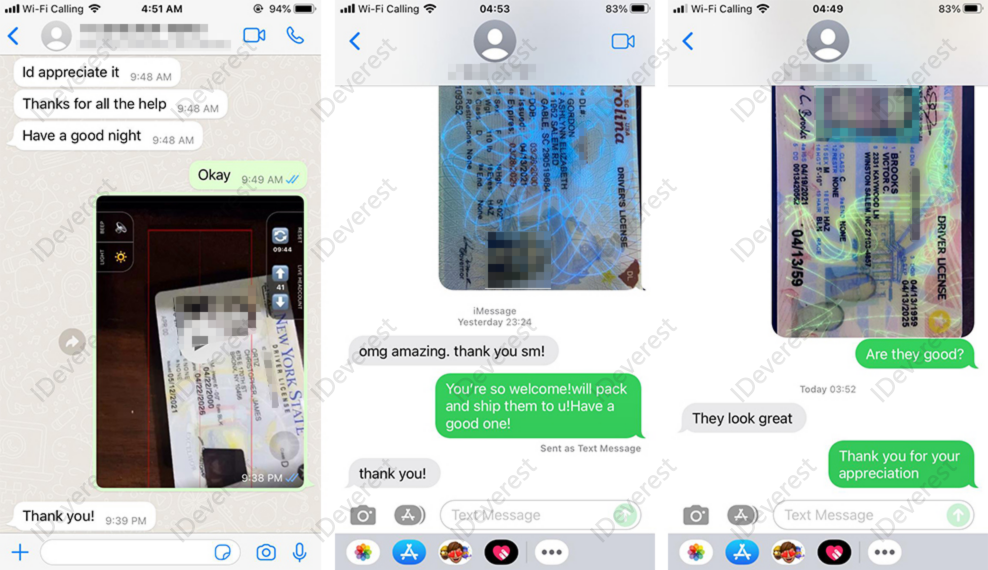
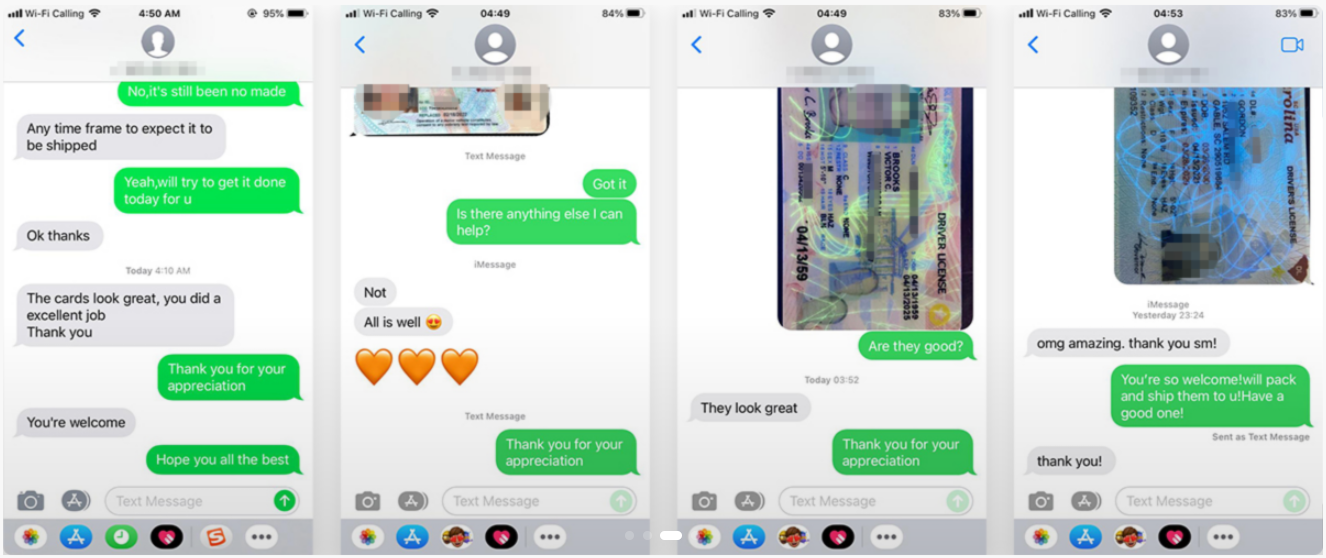
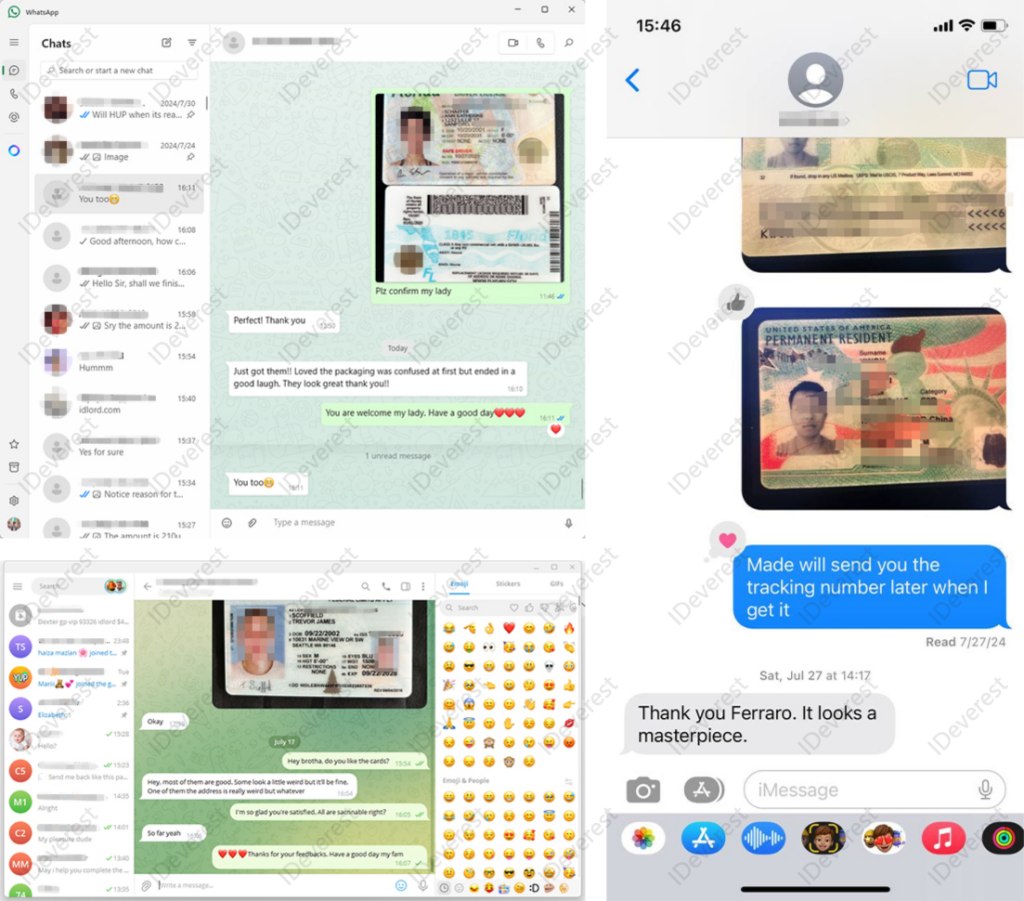
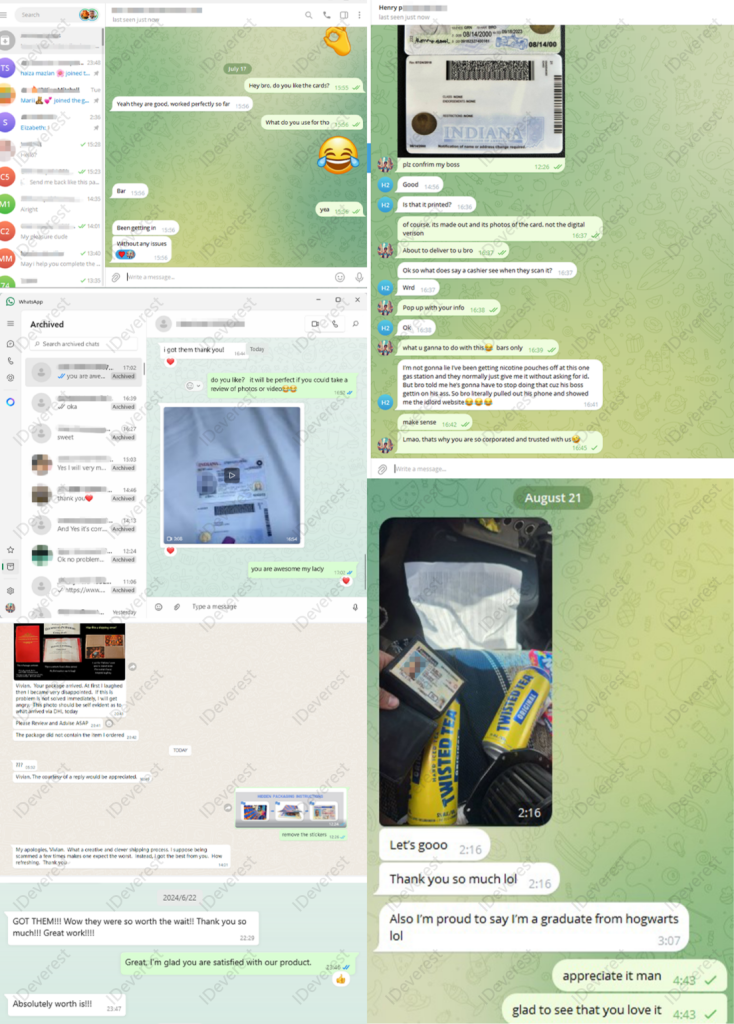
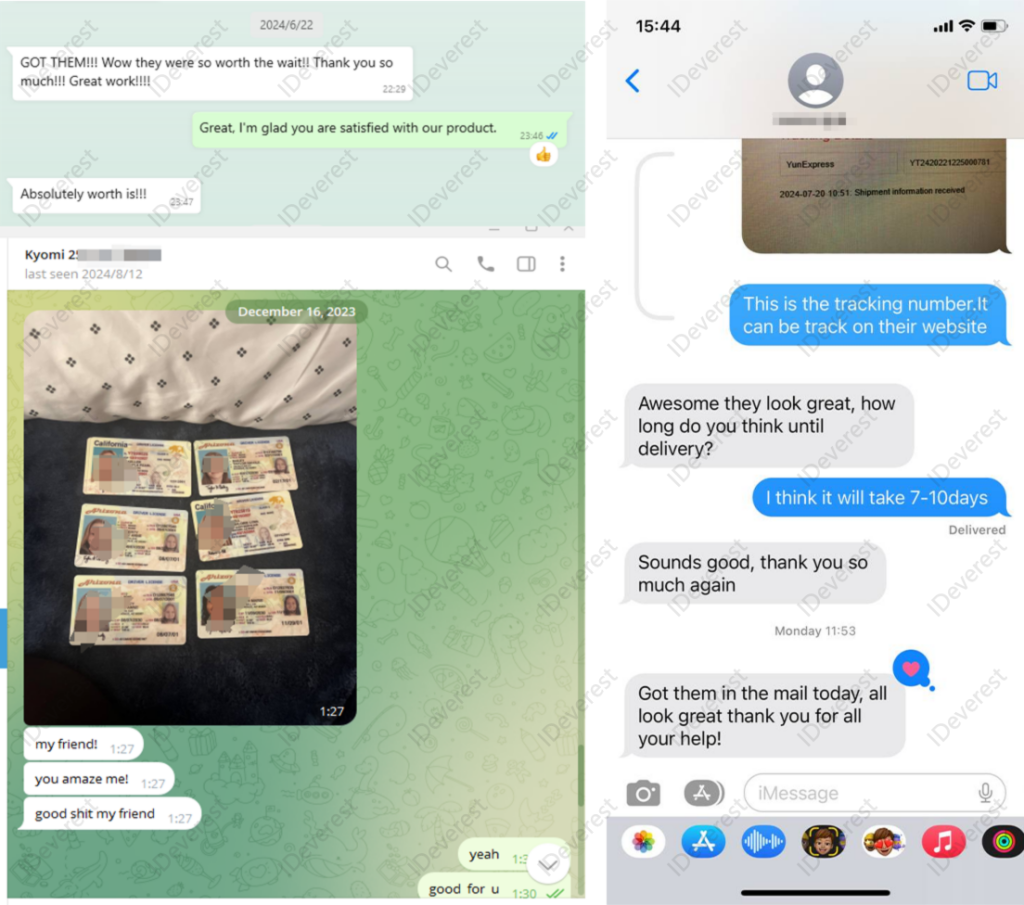

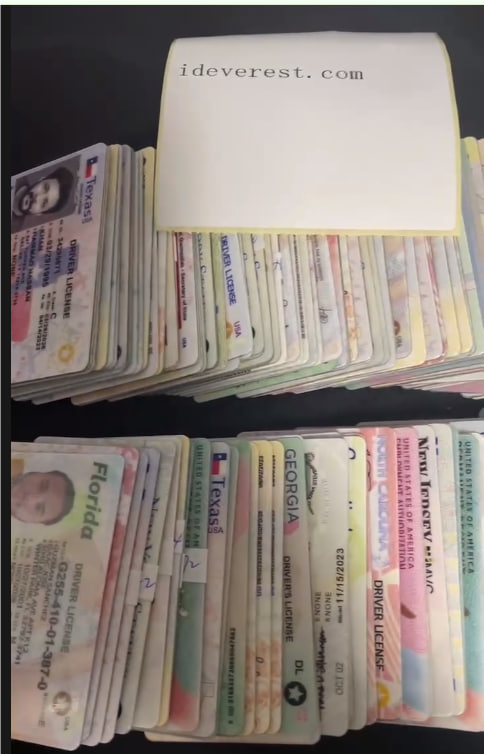
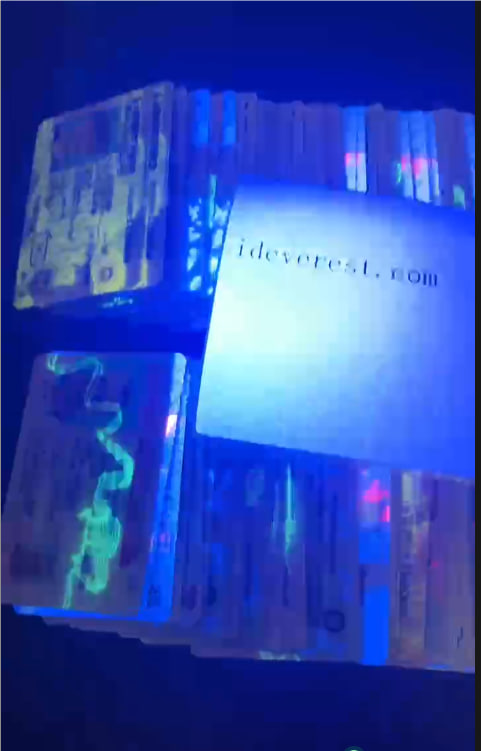
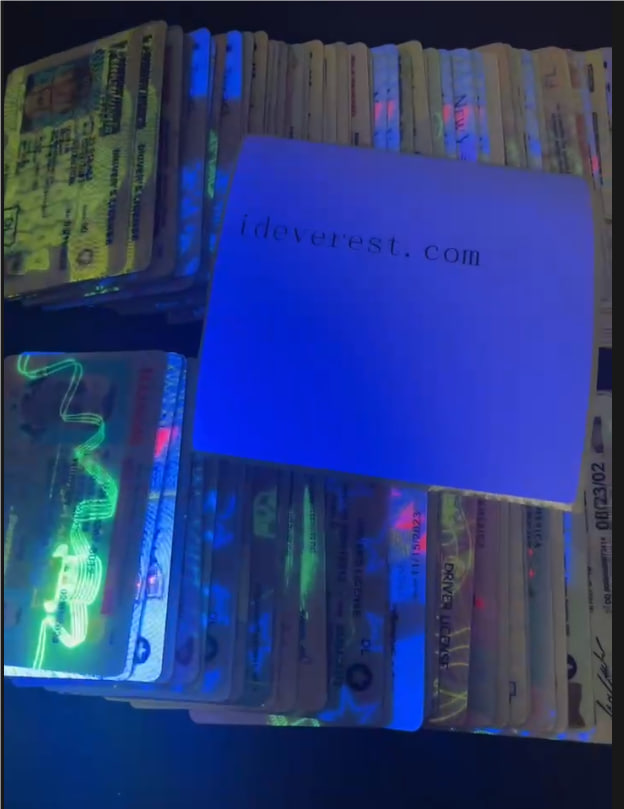
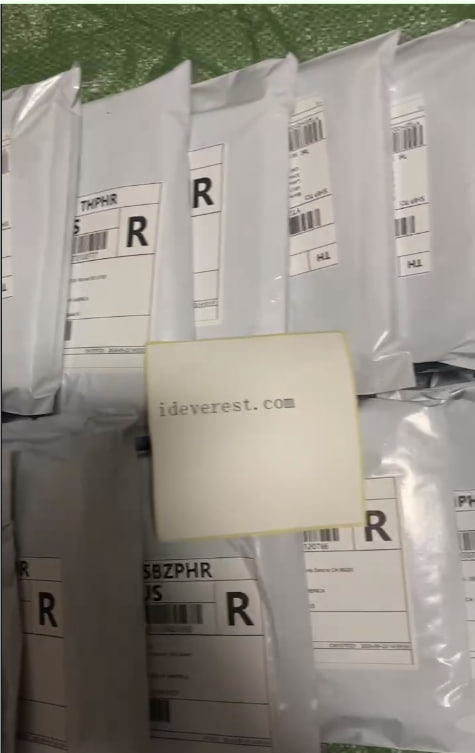
Big Treat Back for New Product Development Participation: Your feedback matters! We offer incentives to customers who participate in our new product development, shaping the future of our offerings together.

Tags:
You like
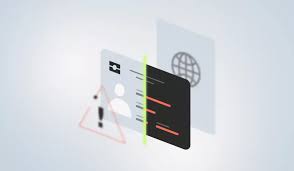
Custom ID services
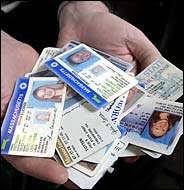
Educational technology trends
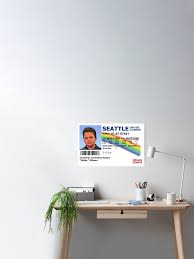
virtual identification
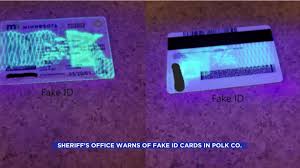
Fake ID online

